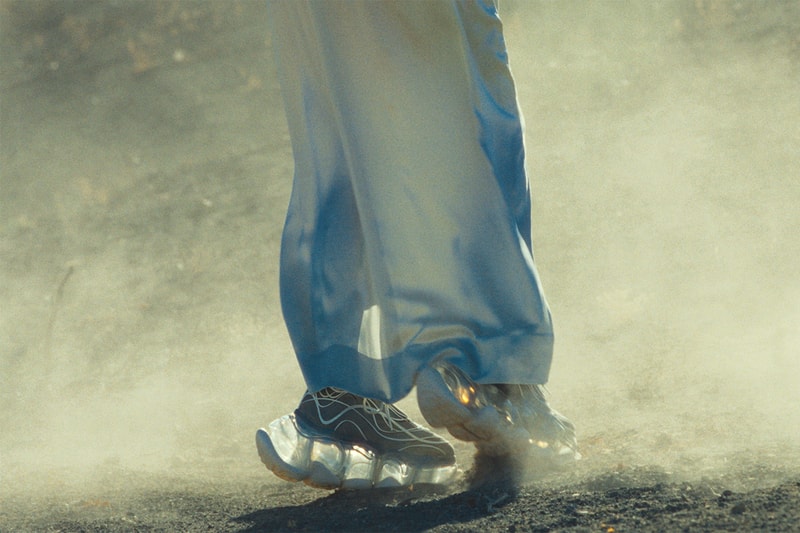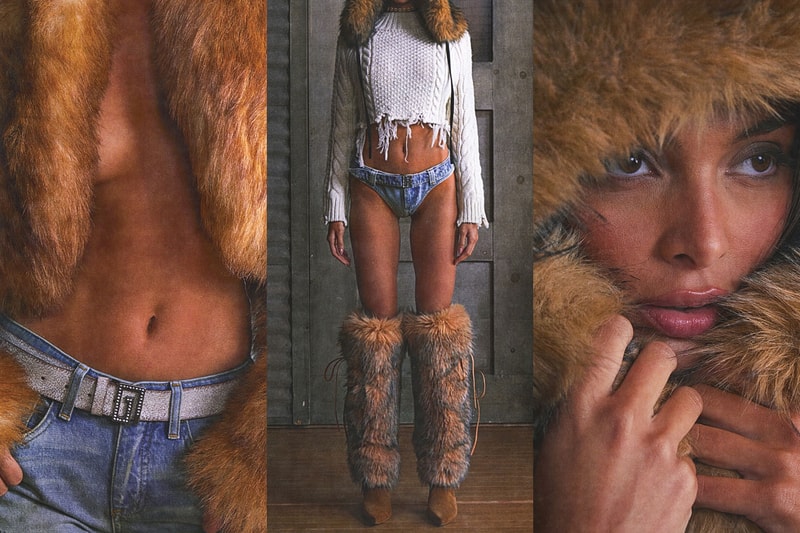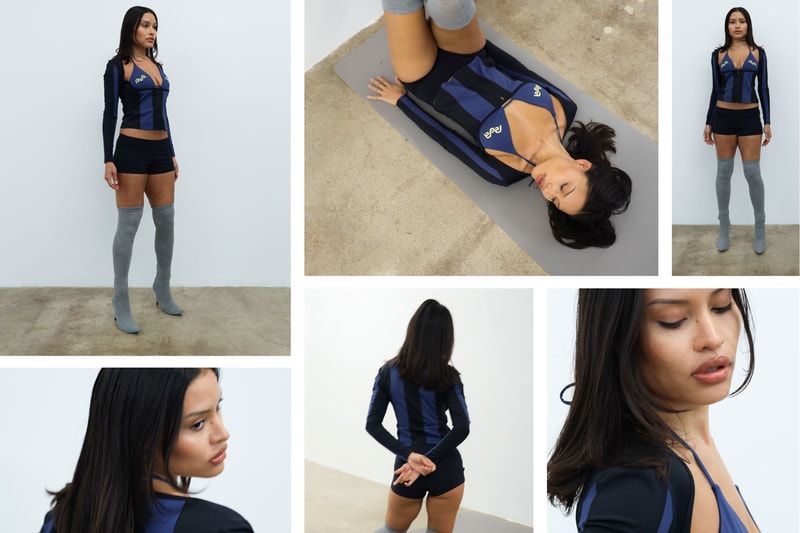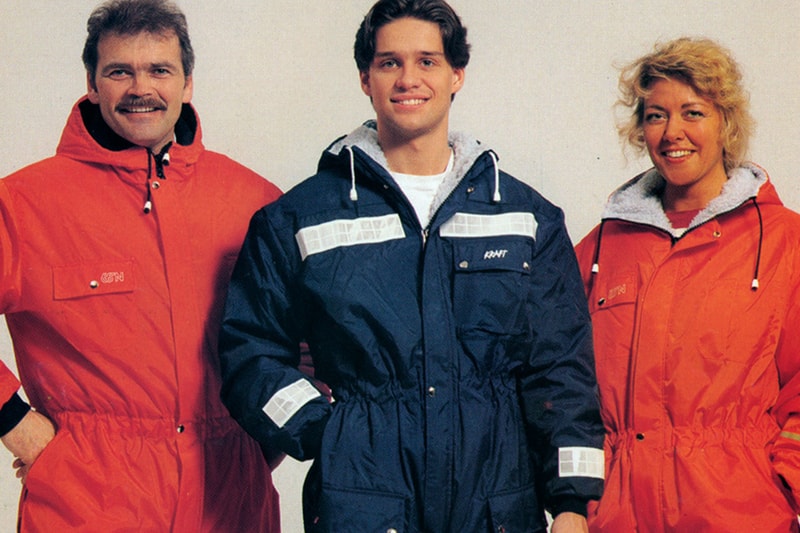The Hair Removal Method That Hurts Less Than Waxing (and It's Not Shaving)
Sarah Yang Thu, 21 Apr 2022 Who What Wear
You probably have your hair removal routine down precisely. Maybe you shave, you might frequent the waxing salon, or you've already got it all lasered off. Or, on the other hand, maybe you like going au naturel. Whatever your preference, we don't judge.
That's because there can be a lot of considerations and things to think about when you're deciding on the best routine for you. For many people, cost is a big factor. Others keep maintenance in mind. With a wax or laser, you don't have to go as often, but if you're shaving, you might have to do it every day or every couple of days depending on your hair growth.

As for myself, I'm a waxing and shaving gal. I wax my brows and bikini area, I shave my armpits and legs, and I use a $20 hair removal device on my mustache. Glamorous, I know. I never really gave that much thought to other options, both because I was too lazy to do the research and because it seemed to be working for me.
On a recent research deep dive into another beauty story I was working on, I came across the sugaring method for hair removal. I had heard of it before but didn't really think much of it. I thought it was pretty much the same as waxing. But then, I read that it might be less painful than waxing, and my ears perked up. I've gotten waxed enough times that I don't think the whole procedure is super painful or uncomfortable, but something that is even easier than that? Sign me up. So, of course, I had to find out more.

It turns out that sugaring has been around for centuries and dates back to ancient Egypt. "The practice is a much less abrasive method of hair removal that uses a paste containing only sugar, lemon, and water," says Tami Blake, an esthetician and founder of Sweet & True Sugaring Co., and True Sugaring & Skincare. "The treatment is performed using a ball of paste that looks like thick honey that's applied by hand and molded into the hair follicle. With a quick flick of the wrist, the paste and hair are removed in the same direction of growth. Clients will still feel a slight sting from the root of the hair being removed from the tiny pore, but there will not be that lasting burning sensation that's experienced when using hot wax."
The technique can be less irritating, longer-lasting, and not as discomforting as traditional waxing. You can get all different parts of your body sugared: arms, legs, underarms, back, chest, face, and bikini area. Blake says Brazilian sugaring procedures are very popular at her salon.

Sugaring and waxing are pretty similar procedure-wise, explains board-certified dermatologist Ife Rodney, MD, FAAD, of Eternal Dermatology and Aesthetics. Compared to other hair removal techniques, it also might be more effective. "Methods like shaving remove only the hair above the skin surface, so it tends to grow back quickly," Rodney says. "Hair removal creams can be painful and damage both the skin and hair follicles. While laser hair removal provides long-term results, it is much more costly."

While sugaring may be similar to waxing, there are a lot of benefits that make it stand out:
It's all-natural. "With a formula of just sugar, water, and lemon, it's 100% biodegradable and better for the planet," Blake says.
It's less painful. "Because sugaring paste is applied at a lower temperature than wax and hair is removed in the direction that it grows, the skin is less irritated and red," Blake says. "Clients will still feel a slight sting from the root of the hair being removed from the tiny pore, but there isn't that lingering burning sensation wax leaves since sugar paste doesn't have resins to grab the live skin like wax. Sugar only grabs dead skin and hair."
You'll get fewer ingrown hairs. "This technique smoothly pulls the hair out in the same direction of its growth. As a result, sugaring is less painful and helps to prevent ingrown hairs from forming," Rodney explains.
It's gentle. Because of that, sugaring can also be applied multiple times to the same spot during the same session, Rodney adds.
It exfoliates the skin. You also get a similar benefit when you wax. Rodney says sugaring helps unclog pores and removes excess residue from the hair follicle.

It's good for sensitive skin. It's good for sensitive skin and safe for people with eczema and psoriasis.
It can get at shorter hairs. With waxing, it's best if you have quarter-inch-long hair, but sugaring can remove hairs that are a sixteenth of an inch.
It doesn't burn. The mixture is not applied to the skin hot, unlike waxing.
You'll get a smoother feel. "Sugaring provides a smoother, longer-lasting result because the hair is removed from the follicle in the direction of growth, minimizing breakage," Blake says.

Because nothing is perfect, there are some drawbacks to sugaring. "Sugaring is more time-consuming compared to waxing," Rodney says. "While sugaring involves reapplying the thick sugar paste to the entire area of skin, waxing is a one-time application of the wax and strip, making it a faster process." She adds that sugaring might not be as effective on thicker, coarse hairs.
It's also still a relatively new procedure in the U.S., Blake says, so finding a well-trained esthetician can be tough. "Having a less-than-perfect sugaring experience can be a turnoff, so do your research and ensure that your sugaring professional has been professionally trained, has positive online reviews, and knows what they are doing," she says.

"Sugaring can last between four to six weeks, depending on the area waxed," Rodney explains. "Your body's natural hair growth rate also plays a part. The treatments become more effective with time, and you'll see that the hairs grow back finer and more slowly. This means fewer sessions and more hair-free days."
As for cost, Blake says it can be roughly the same as a waxing procedure but might be slightly higher depending on the type of service.

Maintenance in between appointments is important, and Blake says it maximizes your results and makes the treatments even more comfortable. Plus, right now, it's even more crucial since a lot of us aren't heading to the salon as often to get treatments.
First, Rodney recommends using a gentle moisturizer on your skin every day. "This helps to keep the protective skin barrier intact," she explains. "You may be tempted to reach for the razor at the first sign of hair growth, but this can cause skin irritation and ingrown hairs."
Second, you'll want to exfoliate, too. Blake encourages her clients to address ingrown hair growth by exfoliating with AHA serums while keeping the skin moisturized with creams and other serums.


While there are some at-home waxing kits, sugaring at home is not recommended, according to Rodney. "It's best to leave sugaring to an esthetician or hair removal expert," she says. "The sugar mixture needs to be mixed precisely and used at the right temperature. Sugaring also needs a specific wrist technique for the best results, or you can end up in a frustrating, sticky situation. A trained professional ensures that the process is not only enjoyable but safe."
So maintenance in between appointments might be the best option for you, rather than taking things into your own hands. Here are some products that can help with that.









Next up, The Dos and Don'ts of Waxing at Home so It Isn't an Epic Fail
This article was originally published at an earlier date and has since been updated.







